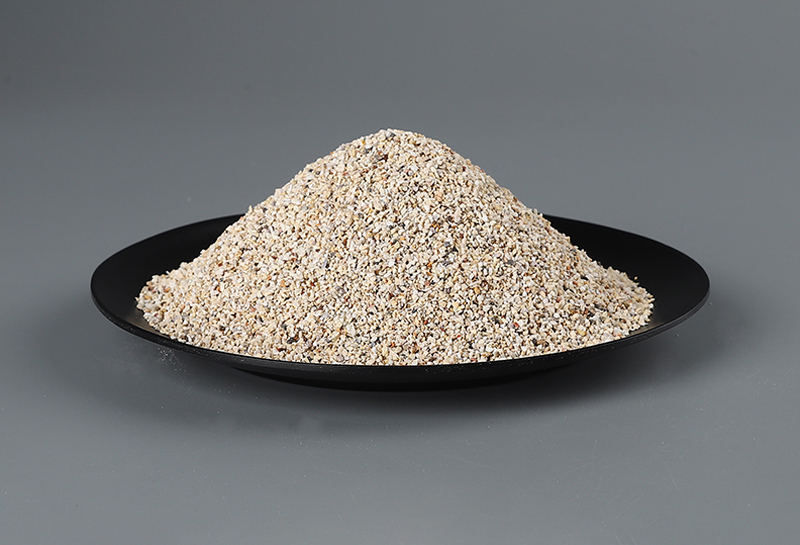Mullite sand a versatile material with exceptional properties, has found a myriad of applications across various industries. Derived from the mineral mullite, which is composed of aluminum oxide and silica, Mullite sand exhibits high thermal stability, excellent resistance to chemical corrosion, and remarkable mechanical strength. These attributes make it a preferred choice in several critical applications, ranging from foundry casting to refractory materials.

One of the primary applications of Mullite sand is in the foundry industry, where it is widely used for casting processes. Foundries employ Mullite sand as a molding material due to its ability to withstand high temperatures during metal casting. Its high refractoriness ensures that the sand maintains its structural integrity even when exposed to extreme heat, making it an ideal choice for creating intricate molds for metal components.
In addition to its role in foundries, Mullite sand plays a crucial role in the production of refractory materials. Refractories are materials designed to withstand high temperatures and harsh conditions, commonly used in kilns, furnaces, and other industrial processes. Mullite sand's exceptional thermal stability makes it an essential component in the manufacturing of refractory bricks, castables, and other heat-resistant products. These materials find applications in industries such as steel production, glass manufacturing, and petrochemical processing.
Furthermore, Mullite sand is utilized in the creation of ceramics and advanced ceramic products. Its unique combination of properties, including high strength and resistance to thermal shock, makes it suitable for applications where traditional ceramics may not suffice. In the field of advanced ceramics, Mullite sand contributes to the development of cutting-edge products such as aerospace components, electronic substrates, and medical devices.
The aerospace industry benefits significantly from Mullite sand due to its lightweight nature and ability to withstand high temperatures. Components used in aircraft engines and space exploration equipment often require materials that can withstand extreme conditions. Mullite sand, with its exceptional thermal stability and mechanical strength, fulfills these requirements, contributing to the reliability and efficiency of aerospace technologies.
Moreover, Mullite sand plays a role in environmental protection efforts. It is employed in the manufacturing of filtration systems used in wastewater treatment plants and industrial gas cleaning processes. The sand's chemical resistance and durability make it an ideal material for constructing filters that can withstand aggressive chemical environments, ensuring the efficient removal of pollutants and contaminants.
In conclusion, Mullite sand is a versatile material with a wide range of applications across various industries. Its thermal stability, chemical resistance, and mechanical strength make it indispensable in foundries, refractory manufacturing, ceramics, aerospace, and environmental protection. As industries continue to advance and demand materials with superior performance characteristics, Mullite sand is likely to remain a key player in meeting these evolving needs. For more details please contact Hebei Chida




Comments
Please Join Us to post.
0